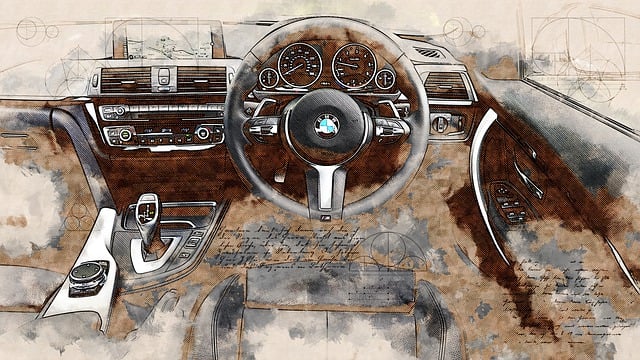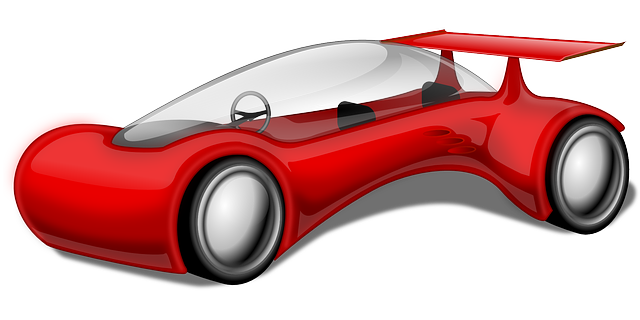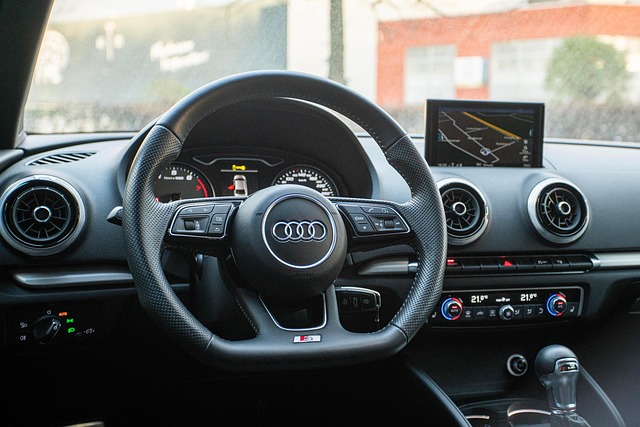Unraveling PCP Claims: A UK Comprehensive Guide to Navigating the Process
“Unraveling the complexities of PCP claims in the UK: A comprehensive guide for all. This article de…….
Real Estate at its Best
In the rapidly evolving automotive industry, ensuring vehicle quality and safety has become paramount. Among various quality assurance measures, the Car PPI (Point of Interest) Check stands out as a critical process, playing a pivotal role in identifying potential issues and enhancing overall vehicle performance. This article aims to provide an in-depth exploration of the Car PPI Check, its significance, global impact, economic implications, technological advancements, regulatory landscape, challenges, successful case studies, and future prospects. By delving into these aspects, readers will gain a comprehensive understanding of this essential automotive quality control method and its influence on the industry.
Definition: Car PPI Check, or Point of Interest Inspection, is a meticulous examination process focused on identifying and rectifying defects or deviations from specifications at specific points during the vehicle manufacturing or maintenance phase. These ‘points of interest’ can include various components, systems, or parameters critical to the vehicle’s operation, safety, and performance.
Core Components:
Historical Context: The concept of PPI checks originated in the manufacturing sector as a way to ensure product quality. Over time, this practice was adapted and refined for the automotive industry, driven by increasing consumer expectations, stricter safety regulations, and the need for efficient quality control. Today, Car PPI Checks are integral to maintaining high-quality standards in both new vehicle production and after-sales service.
Significance:
Car PPI Checks are a global phenomenon, with variations in implementation and emphasis across regions due to diverse manufacturing practices, regulatory frameworks, and consumer preferences.
Regional Variations:
International Trends:
The economic implications of Car PPI Checks are multifaceted, influencing various sectors within the automotive value chain.
Market Dynamics:
Investment Patterns:
Economic Impact:
The automotive industry’s technological evolution has significantly enhanced the capabilities and efficiency of Car PPI Checks.
Digital Diagnostics: Advanced diagnostic tools enable real-time data acquisition and analysis, allowing for faster identification of issues and improved precision.
Sensor Technology: Various sensors, including optical, infrared, and ultrasonic sensors, are employed to detect defects, measure dimensions, and assess component integrity.
Computer Vision Systems: These systems use cameras and image processing algorithms to inspect visible components, identify patterns, and compare with reference data.
Robotic Inspections: Robotic arms equipped with advanced sensors can reach hard-to-access areas, perform complex inspections, and enhance consistency in the inspection process.
Data Analytics: Data collected during PPI checks is analyzed to identify trends, predict potential failures, and optimize maintenance schedules, leading to predictive maintenance strategies.
Integration of AI: Artificial Intelligence algorithms are being used for automated defect detection, predictive modeling, and decision-making support, further enhancing the efficiency and accuracy of PPI processes.
Regulatory bodies worldwide play a crucial role in shaping Car PPI Check practices through standards, guidelines, and compliance requirements.
International Standards:
Compliance Requirements:
Industry Collaboration: Manufacturers, suppliers, and regulatory bodies collaborate to develop industry-wide standards, ensuring consistency in PPI practices across the globe.
Despite its numerous benefits, Car PPI Checks face several challenges that require innovative solutions.
Cost and Efficiency: Implementing advanced technological solutions can be expensive, and balancing cost with efficiency remains a challenge, especially for smaller manufacturers.
Skilled Workforce: Skilled inspectors are in demand, and training programs must keep up with technological advancements to ensure competent personnel.
Global Standardization: Achieving consistent standards across diverse regions and cultures requires ongoing dialogue and cooperation among stakeholders.
Rapid Technological Change: Keeping up with rapidly evolving technologies and their application in PPI checks is a continuous task, requiring flexible and adaptable processes.
Data Security and Privacy: As data collection becomes more extensive, ensuring the security and privacy of sensitive vehicle information is critical.
Real-world applications of Car PPI Checks demonstrate their impact on various aspects of the automotive industry.
Case Study 1: Tesla’s Advanced Inspection Systems
Tesla has pioneered the use of advanced robotics and AI for PPI checks in its manufacturing facilities. This approach ensures precise, consistent inspections, allowing for high-volume production while maintaining quality. Their system uses computer vision and machine learning to detect even minor defects, resulting in improved vehicle reliability.
Outcomes:
Case Study 2: Toyota’s Pre-Delivery Quality Assurance Program
Toyota has implemented a comprehensive pre-delivery quality assurance program that includes extensive PPI checks. This process ensures that every vehicle meets the company’s high standards before reaching customers. It involves visual inspections, functional testing, and data analysis from multiple sensors to verify performance metrics.
Outcomes:
The future of Car PPI Checks is poised for further innovation, driven by technological advancements and evolving industry needs.
Internet of Things (IoT): IoT devices will enable real-time data collection from vehicles during production and operation, allowing for predictive maintenance and enhanced PPI capabilities.
5G Connectivity: High-speed 5G networks will facilitate faster data transfer and communication between inspection systems, enabling more efficient and collaborative processes.
Advanced AI and Machine Learning: These technologies will continue to play a pivotal role in defect detection, predictive modeling, and automated decision-making, improving the accuracy and efficiency of PPI checks.
Digital Twin Technology: Creating digital twins of vehicles during production will enable virtual inspections, simulation of various conditions, and optimization of design and manufacturing processes.
Sustainable Practices: As environmental concerns grow, PPI checks will incorporate sustainable practices, focusing on lightweight materials, energy-efficient components, and recycling, contributing to the industry’s sustainability goals.
In conclusion, Car PPI Checks are a critical aspect of the automotive industry, ensuring the quality, safety, and reliability of vehicles. With technological advancements, regulatory support, and collaborative efforts, the future of PPI checks looks promising, shaping the way we manufacture and deliver reliable automobiles.

“Unraveling the complexities of PCP claims in the UK: A comprehensive guide for all. This article de…….

“Unraveling the complexities of PCP claims is essential for UK car buyers. This comprehensive guide…….

“Unraveling the complexities of car finance compensation through PCP (Personal Contract Purchase) cl…….

Discover the power of understanding and maximising your PCP Claims with this comprehensive guide. In…….

“Discover your rights and navigate PCP claims effectively with a comprehensive guide. This article d…….

“Unraveling the complexities of PCP claims in the UK is essential for those seeking healthcare cover…….

“Unraveling the intricacies of PCP Claims is essential for UK residents seeking medical benefits. Th…….

“Unraveling the intricacies of PCP claims is crucial for UK residents seeking compensation. This com…….

“Unraveling the complexities of car finance compensation through PCP (Personal Contract Purchase) cl…….

“Unraveling the complexities of PCP claims is essential for anyone navigating healthcare expenses in…….